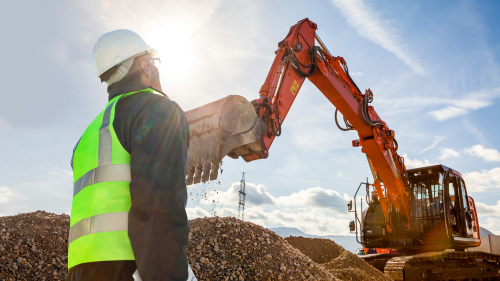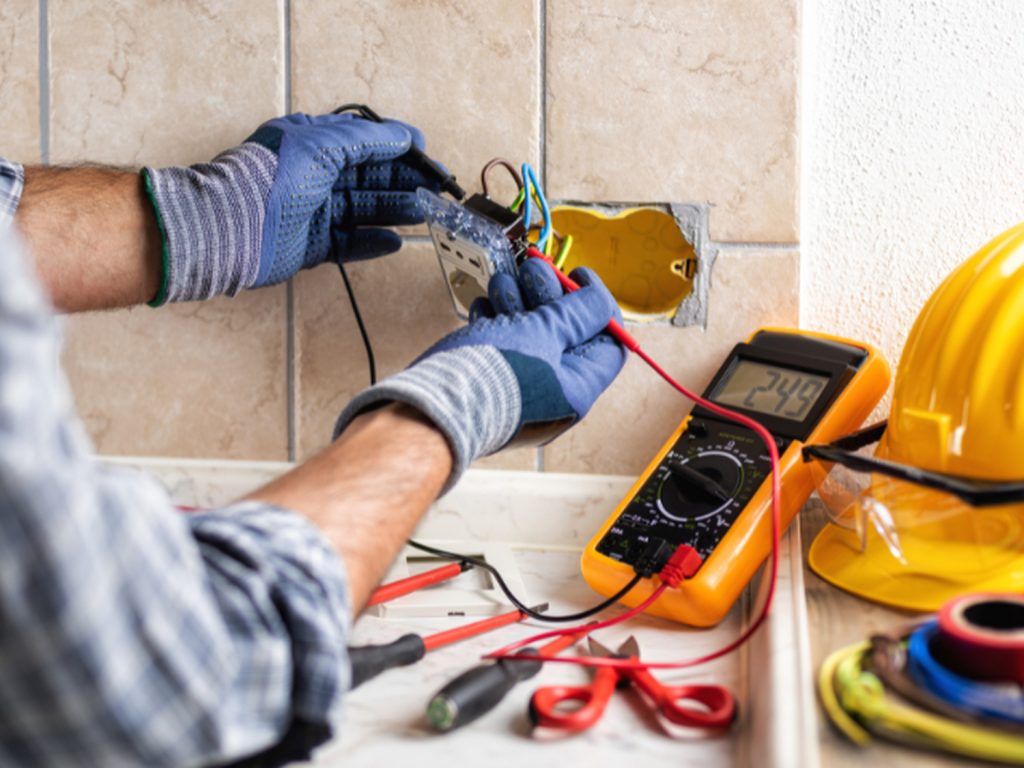When embarking on construction projects, a collaborator to engage with is an excavation contractor. These professionals possess the skills and tools to manage excavation trenching, grading and other vital activities for site preparation. Collaboration with excavation contractors can be seamless and effective when adhering to recommendations. This article aims to offer insights into engaging with excavation contractors throughout your construction endeavour.
Understanding the project requirements
Before commencing any project, it is essential to have a grasp of the work scope that needs attention. This involves evaluating the excavation or earthwork necessities on your construction site. It is important to assess the soil type to present potential hazards or obstacles and outline specific tasks that require focus.
Variables such as the size and depth of excavations required will influence the selection of an excavation contractor for the job. Some excavation contractors in Melbourne specialise in ventures, while others have expertise in handling extensive commercial or industrial projects.
Researching and selecting contractors
Following an assessment of your project scope, initiate research to identify reputable excavation contractors in your area. When looking for recommendations, reach out to trusted sources, like friends and family members who have experience with contractors or colleagues familiar with construction projects.
It’s crucial to ensure that any contractor you’re considering is properly licensed and insured and has a reputation in the industry. Reliable online review platforms can also offer insights into a company’s work customer satisfaction.
Obtain multiple quotes
Reach out to three different excavation contractors to ask for competitive quotes for your project. Getting estimates will not only help you understand typical market prices but also enable you to compare the services offered by each contractor.
During your discussions or consultations with contractors, refrain from being swayed by a single company. Instead, consider factors like their experience, equipment, team size, past projects similar to yours, and pricing transparency.
Communicate project requirements
Once you’ve selected the excavation contractor for your project, it’s important to communicate your needs. This involves discussing project timelines, budget limitations, and special considerations such as working hours or access points.
Effective collaboration with excavation contractors requires maintaining communication throughout the project. Having meetings or reports can help make sure that everyone is on the same page and promptly deal with any issues that may come up.
Ensuring Safety
Excavation work can be dangerous if not handled properly. To maintain a working environment for everyone involved, talk to your excavation contractor about safety measures. Ask about their safety protocols and make sure they follow regulations.
Request proof of workers’ compensation insurance coverage from the contractor to protect against any accidents on the job site. Taking steps such as using signage and creating roped-off areas for pedestrians or passing vehicles is essential in reducing the risk of accidents during excavation work.
Provide Information Promptly
To speed up your construction project, promptly provide any information or documents requested by the excavation contractor. This may include project surveys and previous worksite drawings that can help increase efficiency and streamline their operations.
Preparing for Weather Challenges
Weather conditions can pose challenges during excavation projects. Plan ahead by discussing weather-related risks with your contractor at each stage of the work.
When dealing with weather events during construction, it’s important to stay adaptable, strengthen your relationship, and manage expectations effectively. It’s crucial to plan and provide support by adjusting schedules as needed. Having a contingency plan in place can help us navigate setbacks and help us work together collaboratively. Seeking an edge through assistance can keep the construction process running smoothly.
Conclusion
Effective communication, clear expectations, and thorough planning are essential when working with excavation contractors on a project. Researching contractors, understanding the project scope, communicating, prioritising safety, and preparing for weather challenges are steps to achieving project goals efficiently while building a positive rapport with your contractor. Remember to maintain communication and teamwork to overcome any hurdles that may come up during construction.









